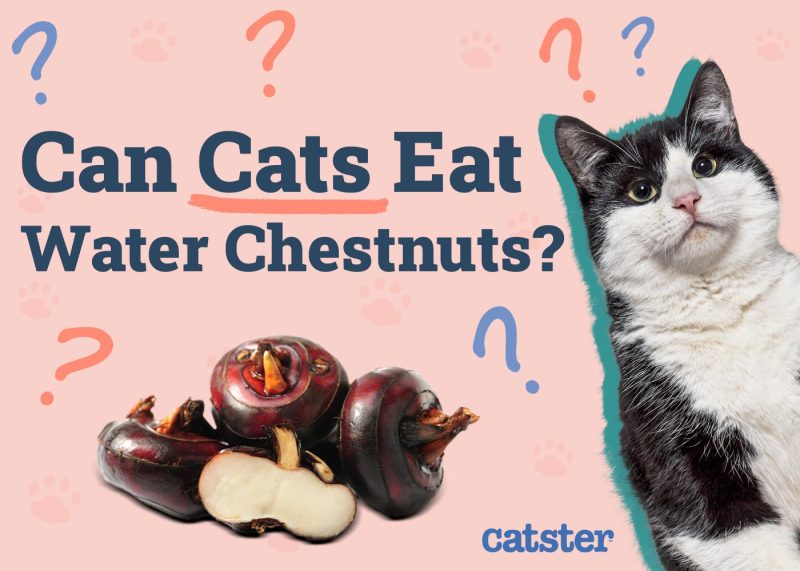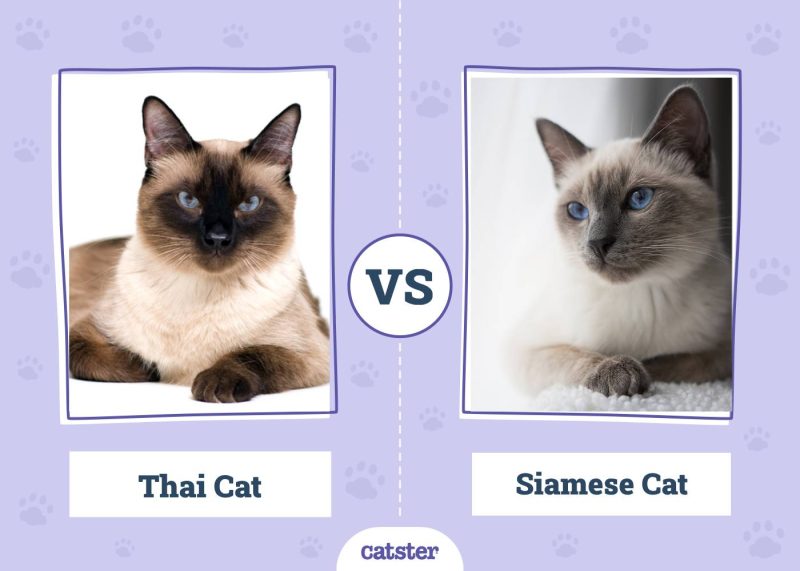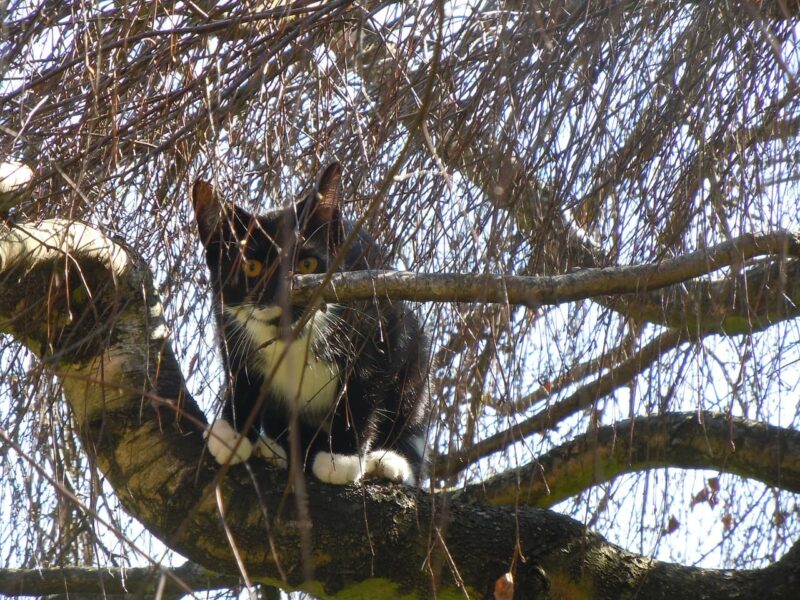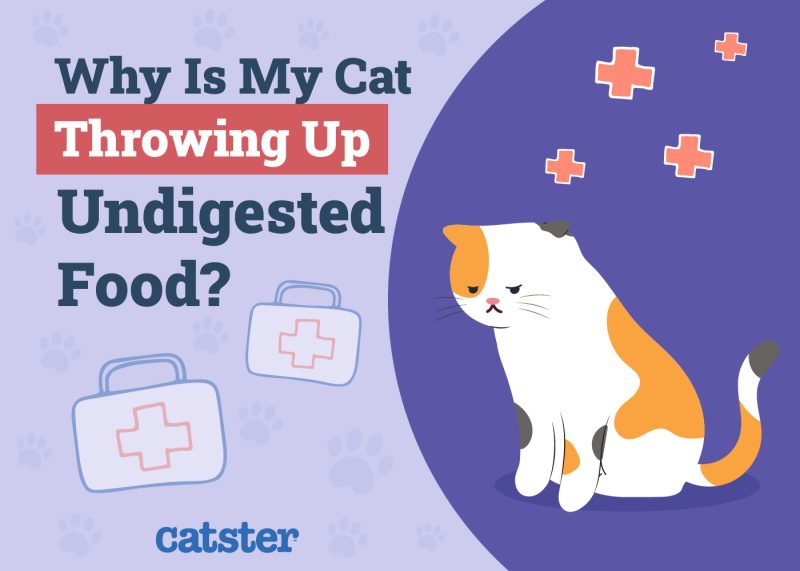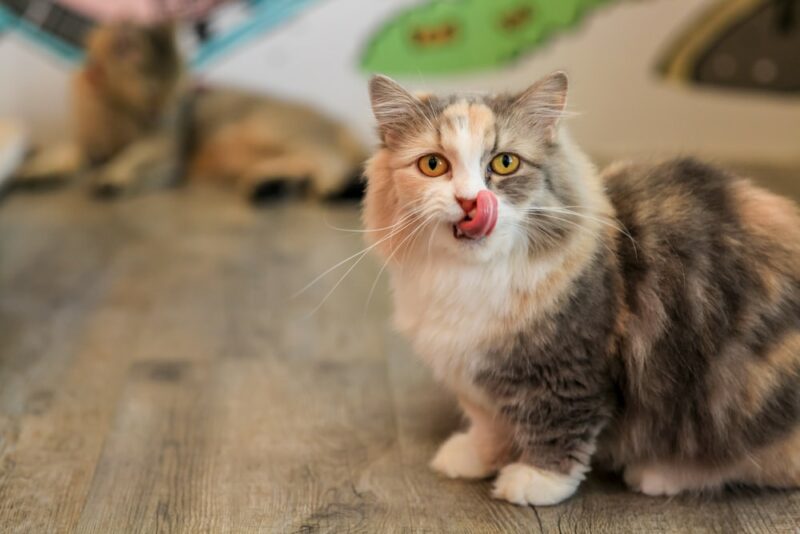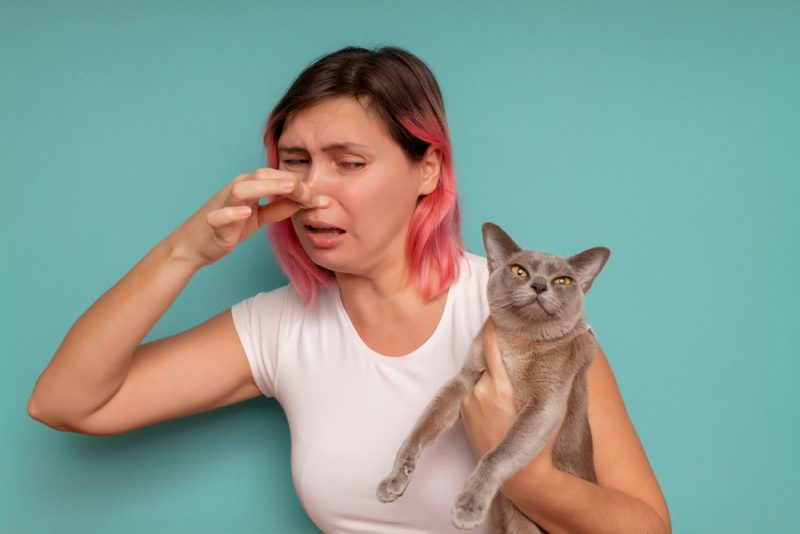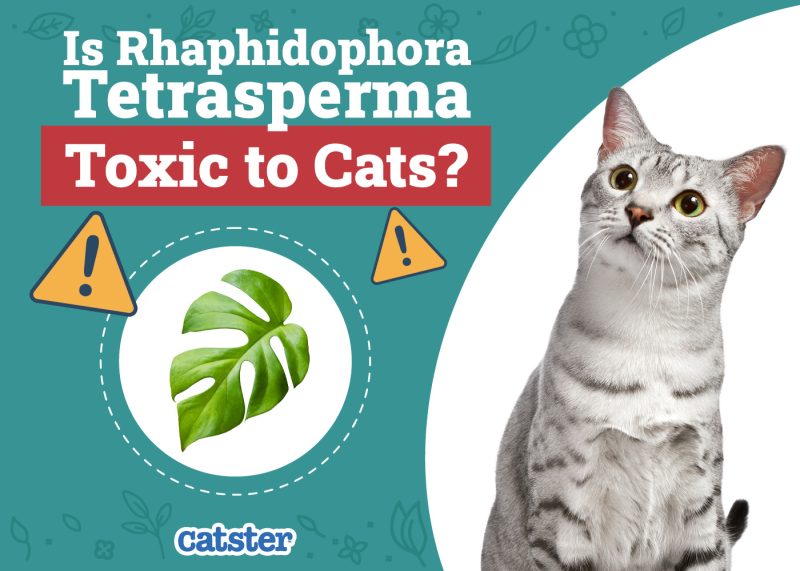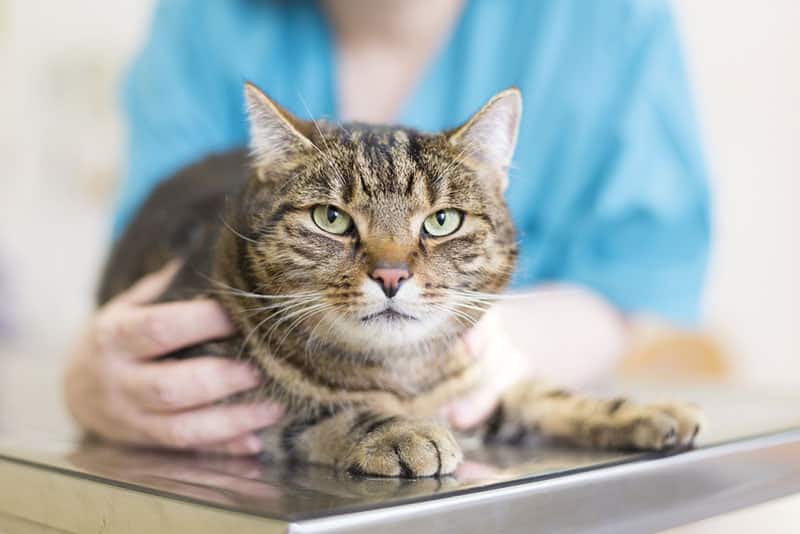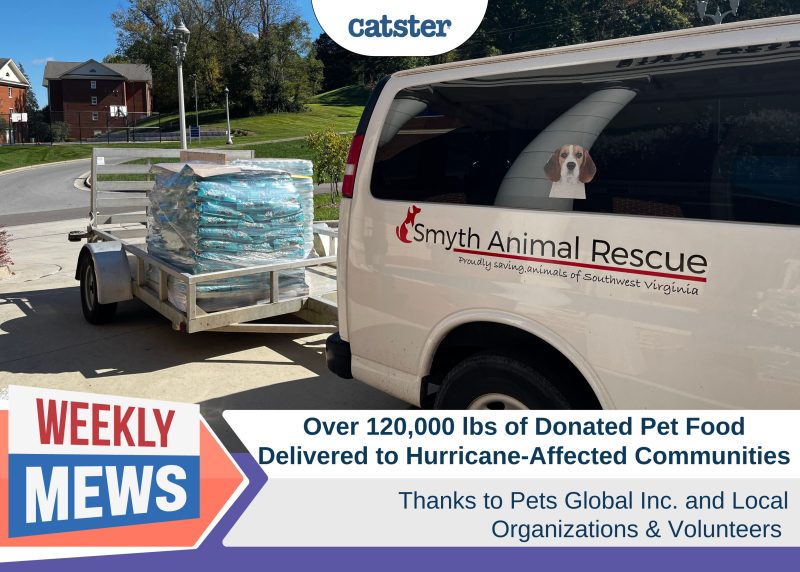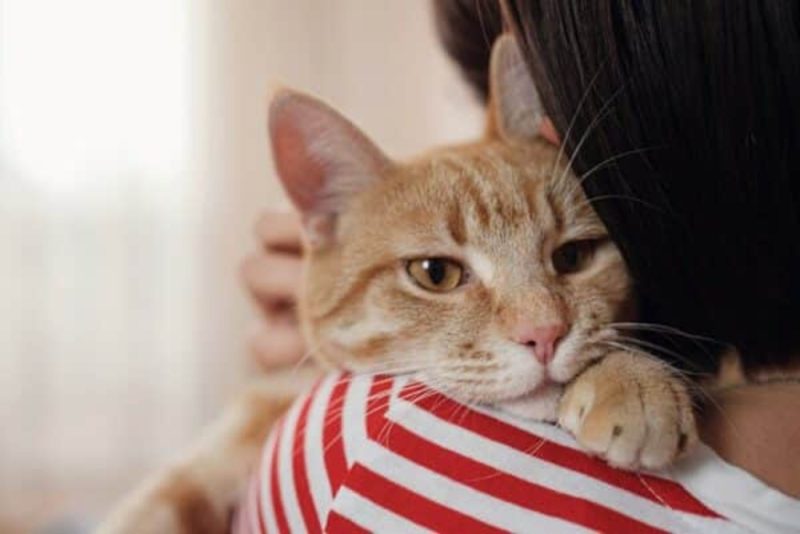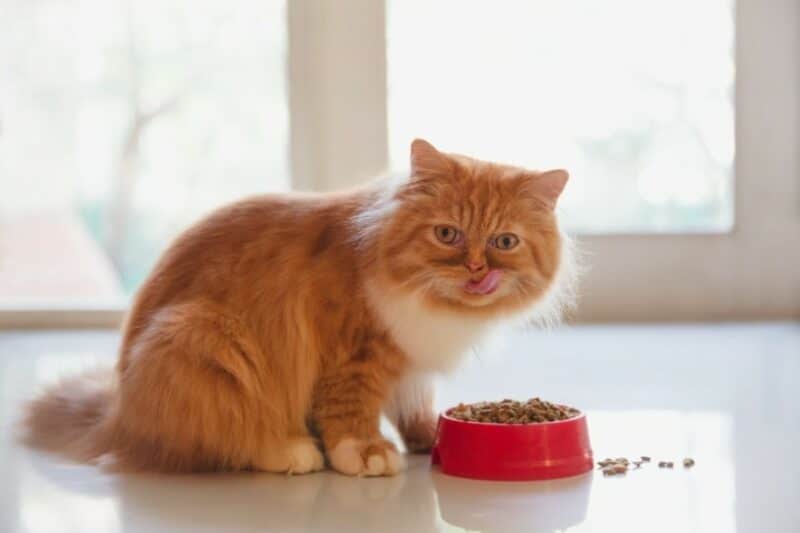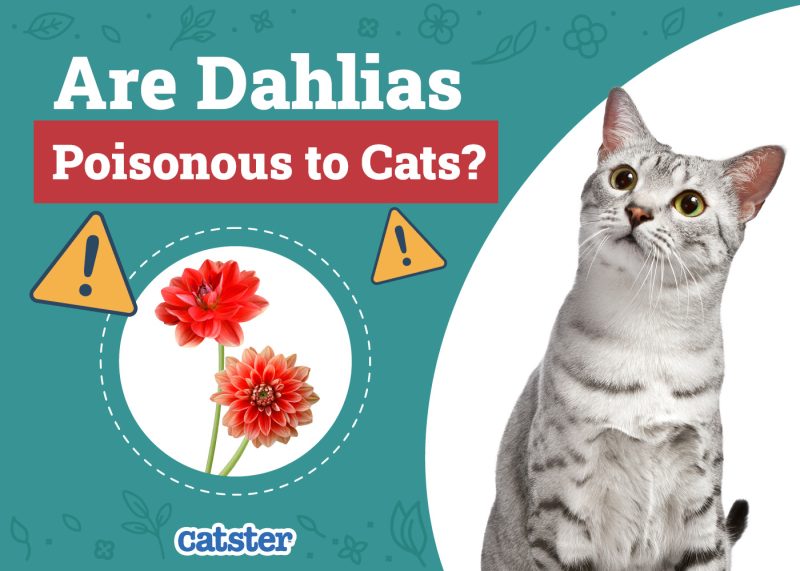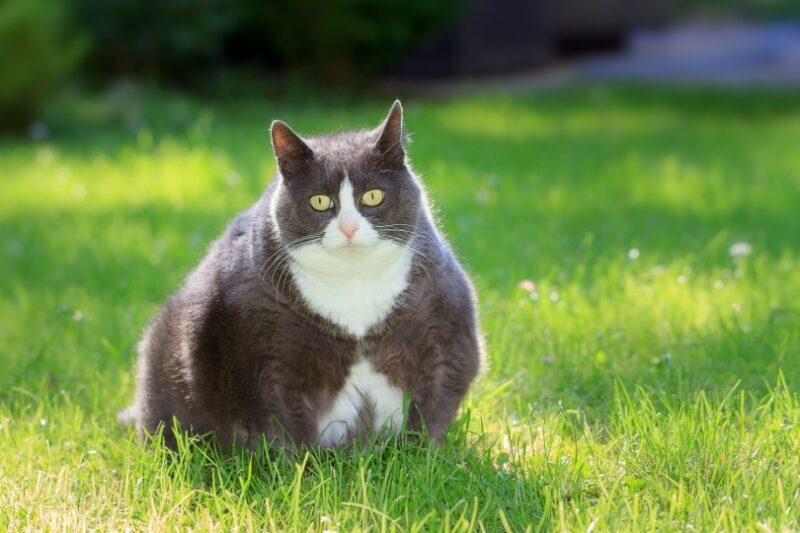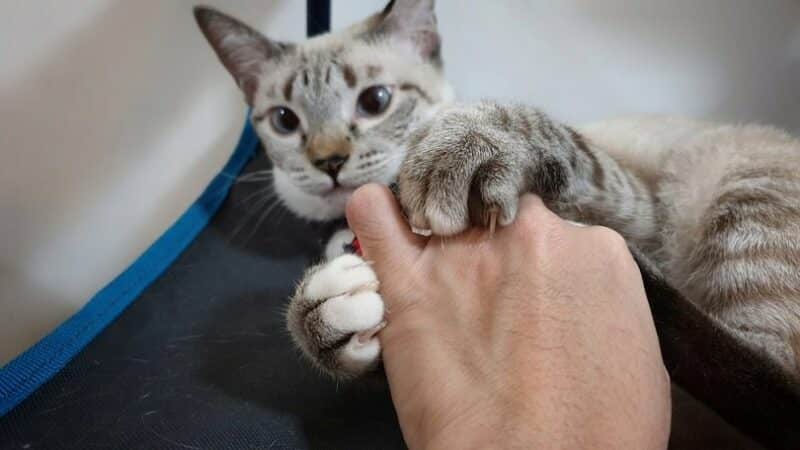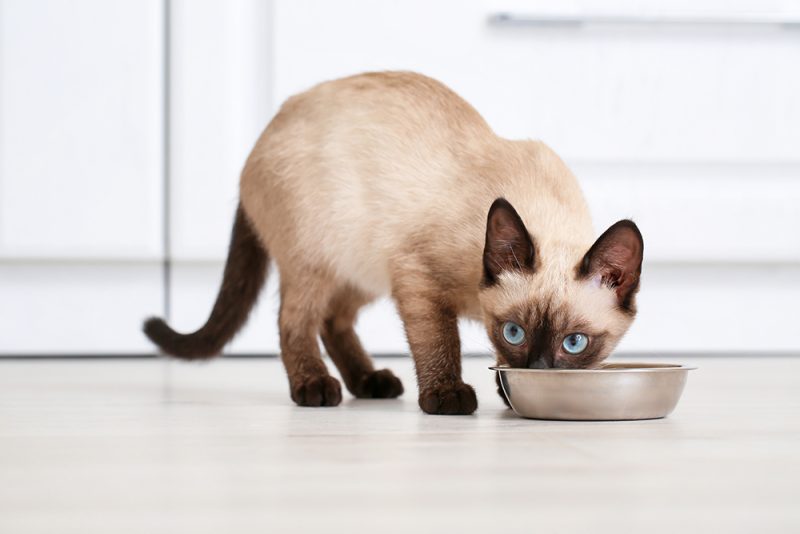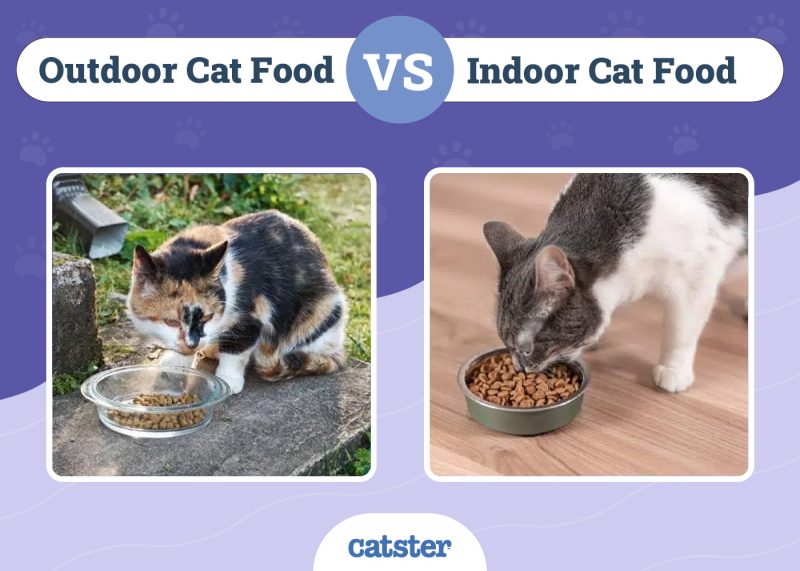In this article
If you enjoy water chestnuts, then you know that despite their name, they actually aren’t nuts at all. Water chestnuts are a delicious crunchy veggie that some cats enjoy munching on. They are safe to eat for cats, though only in low quantities because they are high in carbs and fiber. While we don’t know exactly what about them is so intriguing to cats, we suspect it might be the satisfying crunch, rich nutty taste and hydrating qualities.
Continue reading to learn more about cats eating water chestnuts.
 What Are Water Chestnuts?
What Are Water Chestnuts?
Hailing from Asia, water chestnuts are a common feature in stir fry dishes and some salads. They tend to be slightly sweet, so some people even make simple syrups out of them.
They grow in water like rice. The edible part is the fleshy inside of the tuber called the corm. To eat them, peel the brown outer layer and eat the white insides raw or cooked. Water chestnuts are similar to apples in texture and taste but are much smaller.
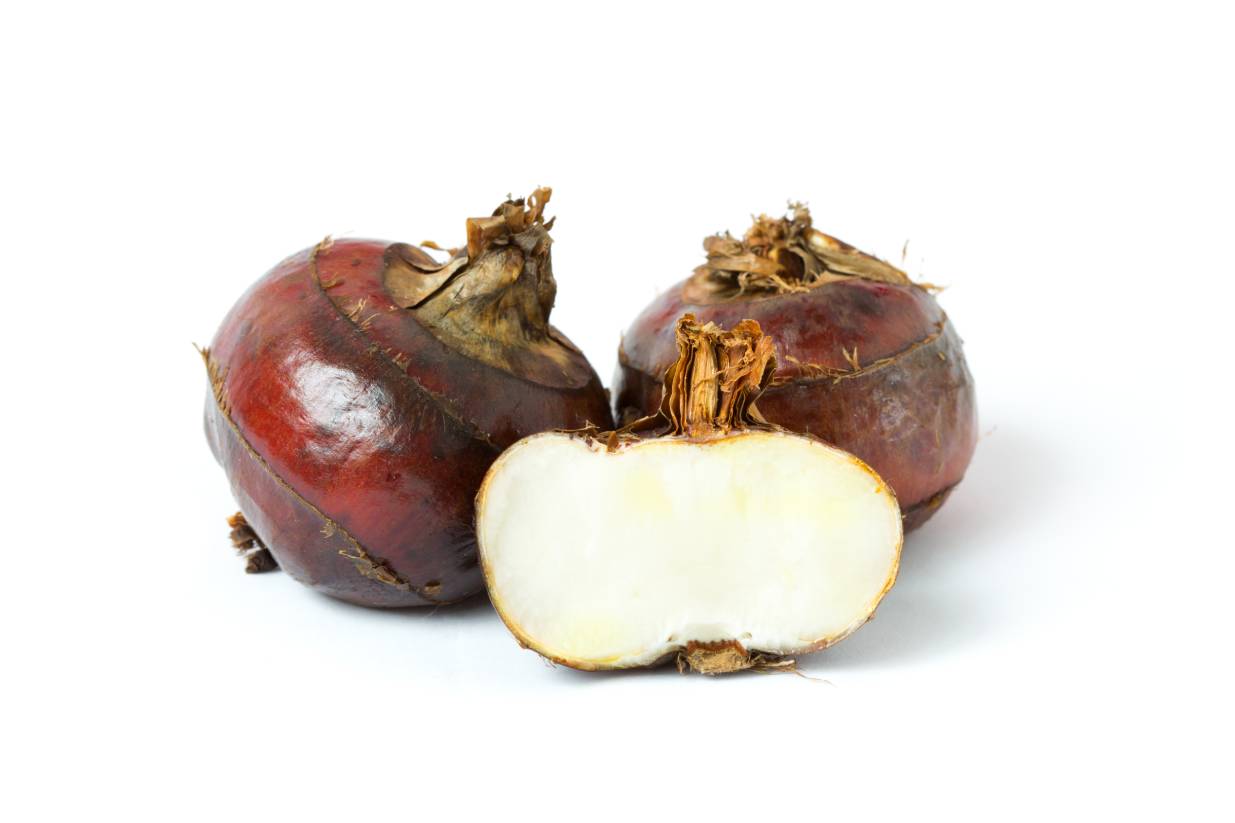
Are Water Chestnuts Healthy For Cats?
In moderation, water chestnuts can be a suitable snack for cats. They are completely fat-free and contain a lot of antioxidants and potassium. They also are a good source of vitamin B6, riboflavin, manganese, and copper.
While these aquatic vegetables may have some nutritious properties, too much of a good thing can be very bad, especially in an animal as small as your cat. The extremely high amount of fiber in water chestnuts can cause stomach upset and diarrhea if your cat eats too many. It’s best to limit their snacking proportions to only a couple corms per day.
If you’re going to give your cat water chestnuts, fresh is always best. Canned water chestnuts can have an excess of sodium, which isn’t good for them. Cats can eat them raw or cooked—just make sure nothing harmful like seasonings are added.
What About Chestnuts?
Just to be clear, water chestnuts aren’t the ones that are roasted on a cozy winter evening while singing Christmas carols. Water chestnuts are small, circular vegetables while chestnuts are, well, nuts. But did you know that cats can eat chestnuts too?
If you want your cat to partake in the yuletide festivities, make sure the chestnuts are fully cooked and only give your cat one. While cats can eat them, chestnuts are high in carbs and don’t provide a lot of the protein that a cat needs for a balanced diet.
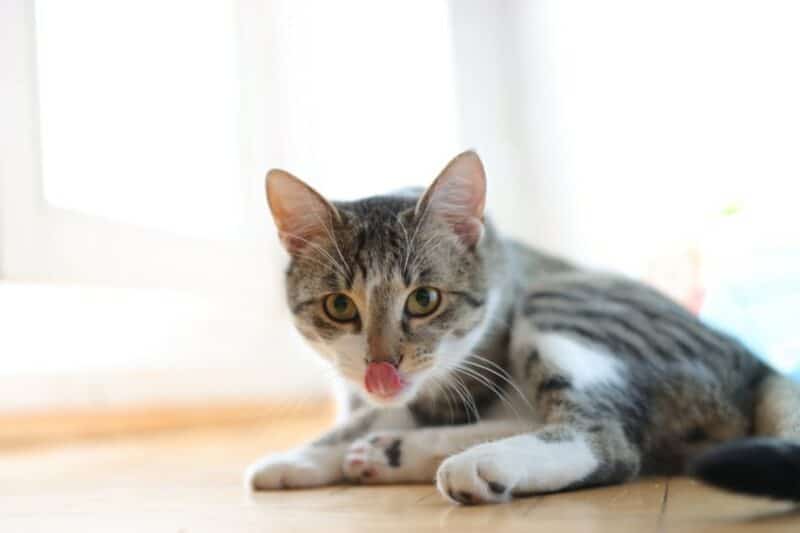

What Foods Are Dangerous to Cats?
While there are many food items we can share with our beloved cats, such as plain cooked meat, there are many other foods you should never feed your cat.
Alcohol
No whiskey for Whiskers. Alcohol can kill your pet and should be avoided in all forms.

Any Plants in the Amaryllidaceae Family
This classification includes bulbing flowers such as Amaryllis and lilies, as well as Allium vegetables including leeks, onions, garlic, and shallots. Your cat shouldn’t ingest any part of these plants, so keep this in mind if they like to wander around your garden.
Raw Foods
Uncooked foods, such as raw meat and eggs, are commonly cautioned against because of the risk of food poisoning. However, a raw food diet is proposed as being closer to how cats eat in the wild and to have health benefits that outweigh the risks by those that follow this way of feeding. If you’re considering a raw diet for your cat, talk to a vet first.
Need veterinary advice but can't get to the clinic? Catster recommends PangoVet, our online veterinary service. Talk to a vet online and get the answers and advice you need for your cat without having to leave your living room — all at an affordable price!

Salt in Excess
Heavily salted, processed foods aren’t good for your cat because of the high sodium content. While sodium is essential for life, salt poisoning can occur when your pet has had too much, which can result in vomiting, diarrhea, seizures, and even death. Cats are more sensitive to salt than humans.
Citrus
All members of the citrus category are toxic to cats. Thankfully, most cats hate the smell of orange and lemon, so it usually isn’t tempting to them. If your cat is one of these lime-hating felines, you can use this to your advantage by placing citrus peels around items you want them to avoid (such as decorations or plants).
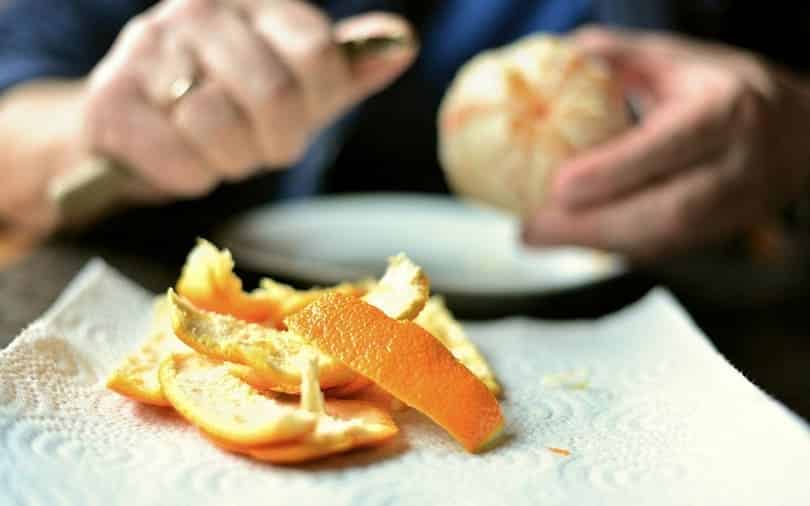
Coffee
Your kitten doesn’t need a cup of coffee. Caffeine can severely upset your cat’s nervous system and can be deadly.
Chocolate
Chocolate contains compounds that are toxic to cats and in certain circumstances can be lethal.
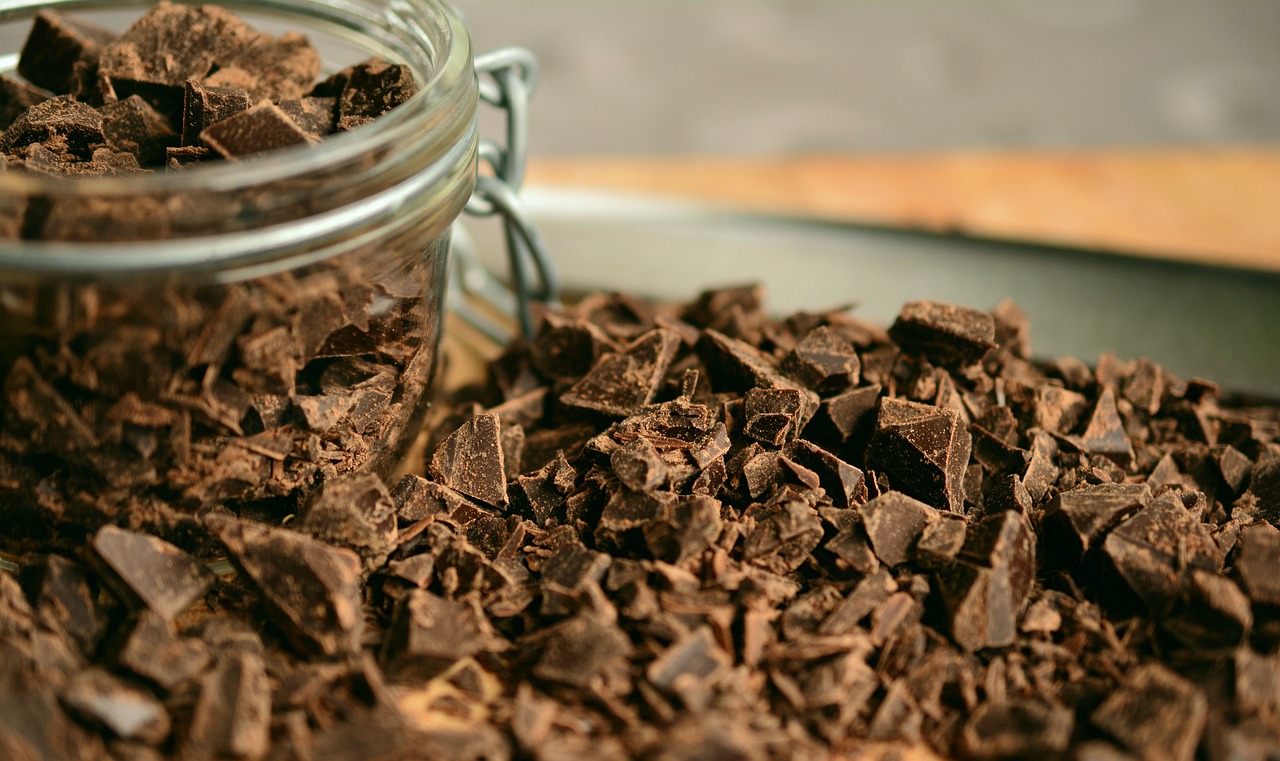
What Do Cats Need in Their Diet?
Exactly what your cat needs will depend on the individual pet. But generally, a cat’s diet includes high amounts of protein, moderate amounts of fat, and a minimal amount of carbohydrates, as well as vitamins and minerals.
Recommended Snacks for Cats
Snacks and treats are like dessert for humans; good in small amounts, but not meant to replace a balanced diet. If you feel like treating your cat to something fancy, here are some safe snack ideas:
- Cooked meat. Unseasoned turkey, chicken, and fish are all excellent lean meats your cat will love.
- Scrambled eggs. Finely chopped scrambled eggs provide your cat with a tasty source of bite-size protein. Just make sure the eggs are cooked to prevent salmonella poisoning.
- Cheese (sometimes). Some cats can’t tolerate dairy, but if your cat can handle lactose, then slipping them a little piece of cheese every now and then can be a scrumptious way to add some protein and calcium to their snack time.
 Conclusion
Conclusion
Water chestnuts are safe for felines but not beneficial in large amounts because of the high carbs and fiber. Protein snacks like meat are better for your carnivorous cat, but all snacking should be given in moderation in addition to providing your cat with a balanced diet.
See Also:
- Is Pilea Toxic to Cats? Common Houseplants Examined
- Are Snapdragons Poisonous to Cats? Common Houseplants Examined
Featured Image Credit: COLOA Studio, Shutterstock
